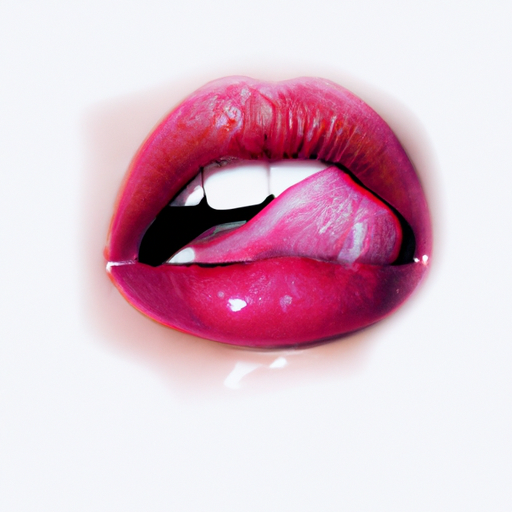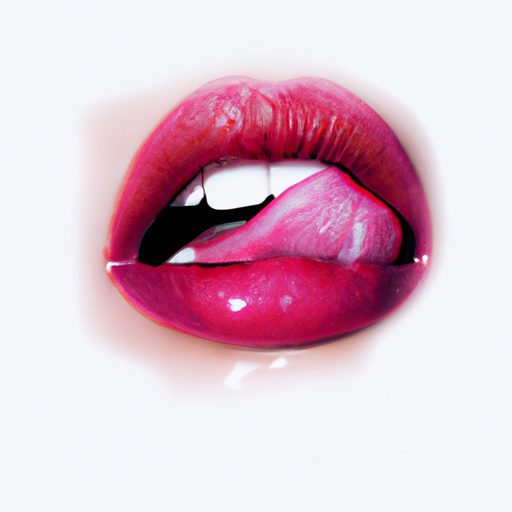Sunburned lips are a common yet often overlooked consequence of prolonged exposure to the sun. Just like the rest of your skin, your lips can also get sunburned, leading to discomfort, peeling, and in severe cases, blisters. This article provides a comprehensive guide to treating sunburned lips, helping you soothe the sizzle and restore your lips to their healthy state.
Firstly, it’s crucial to understand that the skin on our lips is thinner and more delicate than the skin on other parts of our body. This makes our lips more susceptible to sun damage. Symptoms of sunburned lips can include redness, swelling, tenderness, dryness, and cracking. In severe cases, blistering may occur.
The first step in treating sunburned lips is to cool them down. This can be done by applying a cold compress or ice pack wrapped in a soft cloth to your lips for 10-15 minutes at a time. The cold can help reduce inflammation and soothe the burning sensation.
Hydration is another key factor in treating sunburned lips. Drinking plenty of water can help keep your body and your lips hydrated from the inside out. Additionally, applying a lip balm or ointment that contains aloe vera or vitamin E can provide relief and promote healing. These natural ingredients have soothing and anti-inflammatory properties that can help heal sunburned skin.
Avoid using lip balms that contain petroleum, as this can trap heat in your lips and worsen the burn. Also, steer clear of products with camphor, menthol, or phenol, which can irritate sunburned lips.
If your lips are blistering, it’s important not to pick at or pop the blisters. This can lead to infection and slow down the healing process. Instead, let the blisters heal on their own. If they burst naturally, clean the area gently with mild soap and water, then apply an antibiotic ointment to prevent infection.
Over-the-counter pain relievers such as ibuprofen or acetaminophen can help alleviate pain and reduce inflammation. However, these should be used sparingly and only as directed by a healthcare professional.
While your lips are healing, it’s essential to protect them from further sun exposure. Wear a wide-brimmed hat to shade your face and lips, and apply a lip balm with an SPF of at least 30 before going outdoors. Even on cloudy days, up to 80% of the sun’s harmful UV rays can reach your skin.
In most cases, sunburned lips will heal on their own within a week. However, if your symptoms persist for more than a week, or if you experience severe symptoms such as intense pain, extensive blistering, or signs of infection (such as pus or increased redness and swelling), seek medical attention immediately.
In conclusion, treating sunburned lips involves cooling them down, keeping them hydrated, avoiding irritants, not picking at blisters, using pain relievers as necessary, and protecting them from further sun exposure. Remember that prevention is always better than cure. Always protect your lips with a high-SPF lip balm when you’re out in the sun, even if it’s not particularly hot or sunny. Your lips will thank you for it.




